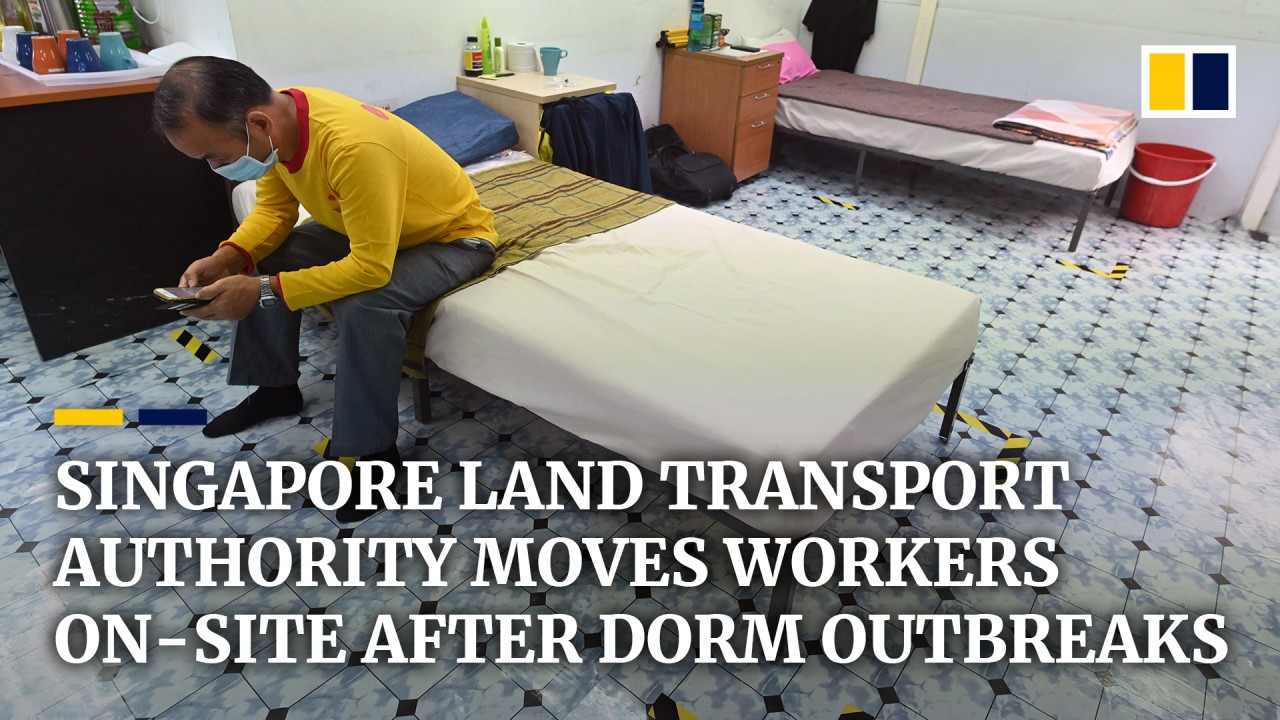
Letters | Coronavirus lessons: Singapore loses if it separates ‘community’ from migrant workers
- The Covid-19 outbreak in migrant dorms should prompt a reassessment of the mindset that separates such workers from the rest of the population
- A post-pandemic Singapore needs not just economic restructuring but social changes starting from hearts and minds
Singapore runs on migrant labour to perform its most basic but back-breaking work in high-risk sectors. Many are migrants of need, not of want.
Migrant workers are not in occupations of their choosing. They show remarkable resilience in the face of the huge mismatch between their jobs and skills, given that some are university graduates back home.

01:19
Post-pandemic Singapore must undertake industrial restructuring of “immigrant sectors” to lessen reliance on imported labour. For all we know, we might be missing out on opportunities to have fair competition between skill holders in immigrant-heavy sectors that have proven irreplaceable, such as those involving care work and nursing.
What about extending settlement options to work permit holders, as unthinkable as this suggestion might seem? Cosmopolitan Singapore prides itself on equality based on a system of meritocracy. Rather than a blanket ban on citizenship and permanent residency pathways, is there room to readjust the current work permit regime to allow for that possibility? Otherwise we might be losing out on local productivity in essential areas.
Lynn Ng Yu Ling, Singapore
Help us understand what you are interested in so that we can improve SCMP and provide a better experience for you. We would like to invite you to take this five-minute survey on how you engage with SCMP and the news.











